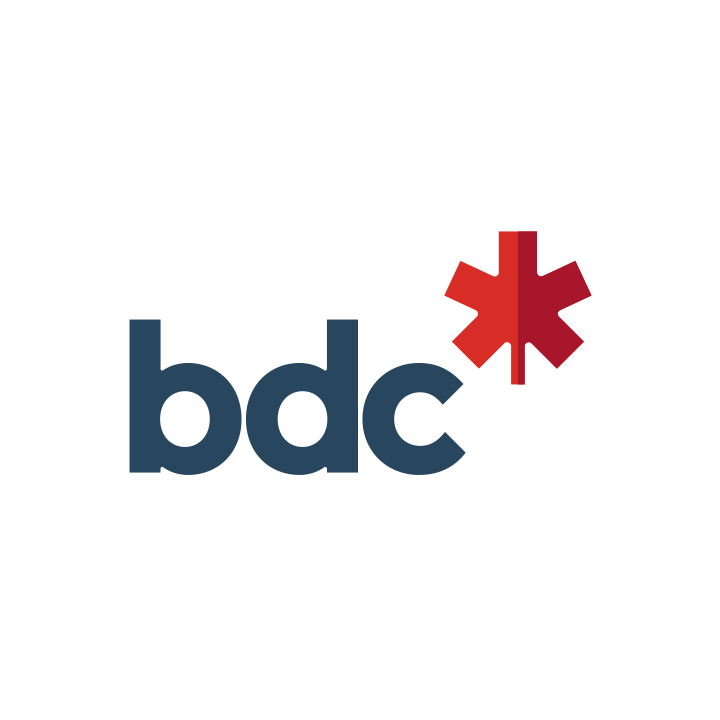Which Loan Fits Your Needs Best?

Project financing: Finding the right type of financing for your business projects. Your project’s characteristics will dictate what type of financing best suits your needs.
The growth of your business depends on accessing the money you need for your day-to-day operations and expansion projects.
—
Article derived from bdc.ca
To ensure the sound financial management and successful growth of your company, it’s essential to match the projects you’re planning with the right kind of financing.
Josée Quevillon, Assistant Vice President, Financing Products and Strategy, at BDC, offers her thoughts on how different financing products and correspond to the major projects you will take on.
Whether constructing a building or buying an existing one, you will likely need to get a commercial mortgage to pay for it. A mortgage is type of term loan that is typically amortized over 15 to 30 years.
Over the life of the loan, you will make monthly payments consisting of principal and interest. The loan is secured on the land and building. This means if you can’t repay the loan, the financial institution can seize the property and sell it to recover the money it has lent.
When financing the purchase of equipment or machinery, you will typically take a term loan that matches the lifespan of the piece you’re buying.
Computer equipment, for example, has a relatively short lifespan so you would want to repay your loan over two, three or four years. On the other hand, a piece of manufacturing equipment will likely last longer, so you would want a longer-term loan.
“You don’t want to be in a situation where you need to buy a new piece of equipment and still be paying for the old one,” Quevillon says. “You would be making loan payments for equipment that’s not contributing anything to your cash flow. That’s something you want to avoid.”
Here again, the loan will be secured against the value of the equipment you are buying. A financial institution will lend you a percentage of the assessed value of the piece—remembering that its value depreciates over time.
Companies that are experiencing high growth often need extra working capital to meet operational expenses, including boosting inventory, increasing production and paying salaries. While a line of credit would normally be used for these expenses, your needs might exceed your credit limit in a period of rapid growth.
“A cash flow loan to complement your line of credit can be the answer.” Quevillon says.
There are numerous projects that fall under the umbrella of market expansion, including developing new products, opening new markets in Canada or abroad, and additional marketing and sales expenses.
Entrepreneurs are often tempted to use either their everyday cash or their line of credit to finance these types of expansion projects. However, this may leave you short of cash if you hit a period of high growth or an unexpected slowdown.
A better option is to take a term loan such as the Xpansion Loan that will allow you to pay for your projects over a longer period while keeping your working capital and line of credit for operational expenses.
Quasi-equity financing is another possibility for entrepreneurs that are experiencing high growth but have little in the way of tangible assets for loan collateral. Quasi-equity is a hybrid of debt and equity with extremely flexible repayment terms.
Entrepreneurs use a variety of financing products to buy a business whether the goal is to facilitate the exit of the current owner or to grow the business through an acquisition of another company.
A typical financing package will include some or all of the following:
- SENIOR DEBT: This is a loan secured on the assets of the company that is being purchased or the combined company in the case of an acquisition.
- BUYER’S EQUITY: Purchasers are normally expected to invest money to help finance the acquisition of a business, both to reduce the amount that must be borrowed and to show their commitment to the success of the transition.
- VENDOR FINANCING: The seller of the business often agrees to be paid a percentage of the purchase price in cash and the remainder over time with interest.
- MEZZANINE FINANCING: This is a type of loan that is not typically secured by the assets of the company and has highly flexible repayment terms, making it a good complement to senior debt.
Tech businesses have unique characteristics that require specialized financing to buy or develop new technology. The risk created by tech’s long research and development cycles means entrepreneurs often rely on equity investments until their products reach the commercialization stage.
More mature tech companies may be able access quasi-equity financing or term loans. These debt options avoid ownership dilution and keep control of business decisions in the hands of the entrepreneurs.
Tech businesses with monthly recurring revenue, for example, are good candidates for term loans and quasi-equity because they have regular cash flow to support repayment.